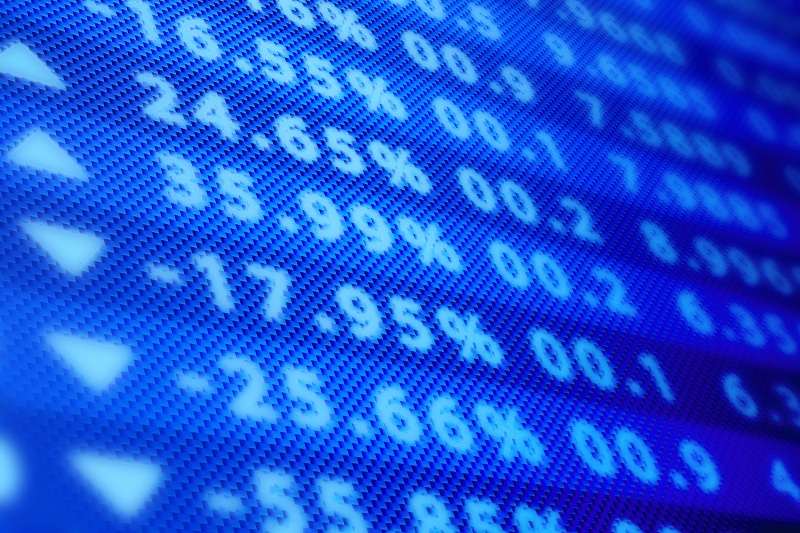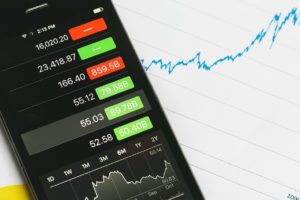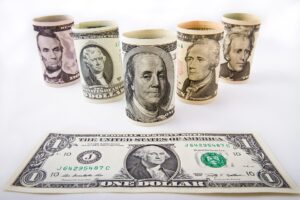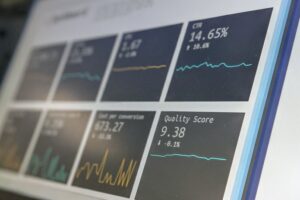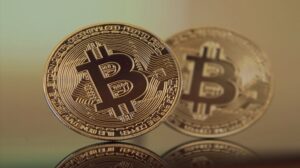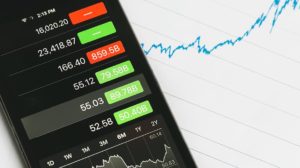The U.S is staring at one of the biggest economic contraction in a decade. The unemployment rate has already ticked highs of 11.3%, with more than 30 Americans rendered jobless in the aftermath of the COVID-19 fallout. While the gross domestic product is poised to shrink by 7.3% in 2020, the stock market has continued to edge high clocking record highs in total disregard of underlying fundamentals.
Overpriced Stock Market
It’s becoming increasingly impossible to site the reason behind the buoyant stock market amid a looming economic crisis that keeps getting worse by the day. During the great recession, when the stock market imploded, the unemployment rate stood at 10%. The situation is far worse as the COVID-19 pandemic continues to curtail key sectors of the economy.
States are being forced to reintroduce lockdown restrictions to curb a further spread of the deadly virus. Amid the lockdowns that are expected to take the unemployment rate even higher, U.S stocks have continued to achieve new milestones edging higher in total disregard of the gloomy economic outlook.
The stock market is overly overpriced, given that even the most conservative economic forecast spells glum and doom. Historically, the price to earnings ratio of the U.S has hovered around 15. Amid the disruptions and uncertainty triggered by the COVID-19, it has surged to 23 nearly 50% higher of the historic average.
Stock Market Pumping
The stock market boom is looking artificial by the day as solid underlying fundamentals do not drive it. Instead, it’s been fueled by fiscal and stimulus policies that have seen interest rates cut to zero. The low interest rate environment has pushed investors into riskier financial assets such as stocks in total disregard of fundamentals.
The notion that FED might also buy stocks to prevent a crash of the stock market also continues to fuel the strong demand for stocks. The central bank has already flexed its muscle with the purchase of government and private bonds.
As it stands, investors are essentially borrowing a leaf out of the stock market crash experienced in 2009. After initially plunging 45% in March 2009, the stock market embarked on an impressive run, recouping almost all the losses by the end of the year. The same has been the case following the March 23, 2020 market crash.


